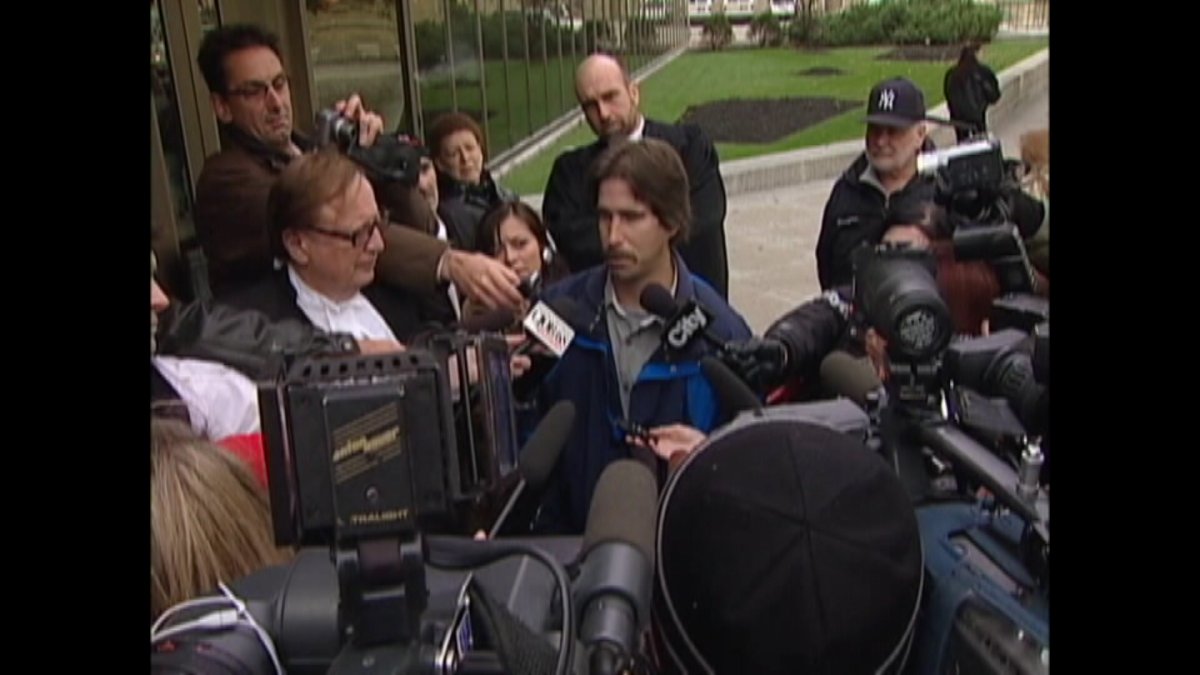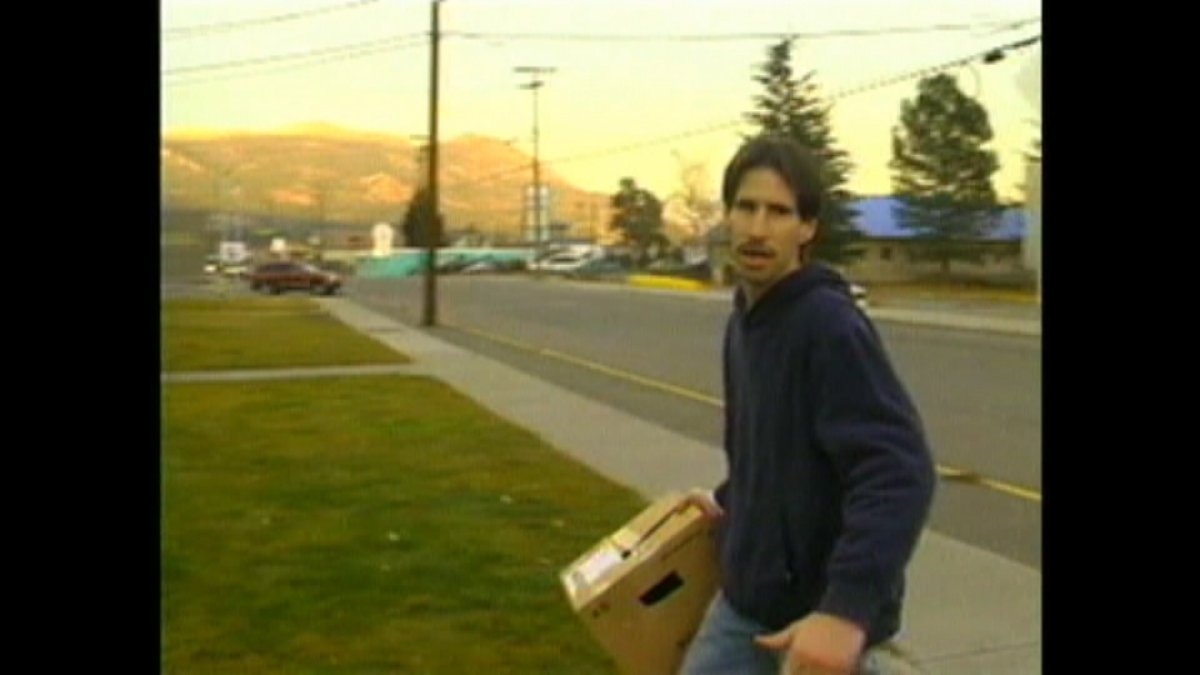WINNIPEG – The federal attorney general’s office says it and the RCMP acted in good faith and should not be held liable for the wrongful murder conviction of a Manitoba man who spent 14 years in prison for a teenage girl’s death.

The office has filed a statement of defence in Manitoba Court of Queen’s Bench in response to a $14.5-million lawsuit that Kyle Unger filed almost two years ago over his conviction. It wasn’t until 2009 that he was formally acquitted.
Unger, who is now 42, was found guilty of the first-degree murder of Brigitte Grenier after a rock concert south of Winnipeg. Her body was found in a creek near Roseisle, Man., on June 24, 1990.
The attorney general’s office says Unger, whose name was cleared in 2009, bears at least partial responsibility for what happened.
“The (police) investigation was devoid of bad faith or any purpose inconsistent with a full, fair and proper criminal investigation,” the defence statement reads.
Any losses or damages suffered by Unger “were caused or significantly contributed to by the plaintiff’s own conduct, which includes, but is not limited to, his repeated admissions of having committed the offence for which he was convicted.”
Unger was sentenced to life in prison along with his co-accused, Timothy Houlahan, but as the years went by the evidence used to convict him began to unravel.
- Posters promoting ‘Steal From Loblaws Day’ are circulating. How did we get here?
- Video shows Ontario police sharing Trudeau’s location with protester, investigation launched
- Canadian food banks are on the brink: ‘This is not a sustainable situation’
- Solar eclipse eye damage: More than 160 cases reported in Ontario, Quebec
An RCMP hair analysis expert had testified at Unger’s trial that a hair found on Grenier’s sweater belonged to Unger. It was the only physical evidence against him and DNA tests in 2005 showed the hair belonged to someone else.
The only witness who claimed to have seen Unger kill Grenier was Houlahan, who committed suicide in 1994 while he was waiting for a retrial he was granted when he appealed his conviction. Unger’s attempts to appeal were rejected.
The other key piece of evidence — a confession Unger gave to undercover police officers — also came into question. In what is known as a Mr. Big sting, the officers posed as gang members looking to recruit Unger and said he had to prove to them he had committed a serious crime if he wanted to join them in their lucrative lifestyle.
Unger told them he had killed Grenier, but got several facts wrong. He mentioned a bridge at the concert site that had actually been built several months after Grenier’s death.
In 2009, the federal justice minister determined that the conviction had probably been a miscarriage of justice. Months later, Unger was formally acquitted.
Unger’s lawsuit alleges that police and Crown attorneys relied on faulty science, ignored evidence that pointed to Houlahan as the killer, and used a flawed undercover sting to get a false confession.
“The plaintiff was led to believe that if he said he committed the Grenier murder, he would receive a career, money, respect, companionship and many things sorely lacking in his life,” Unger’s statement of claim reads.
The statement of defence rejects the idea.
“The Crown says that the undercover investigation was designed to collect evidence to determine whether or not the plaintiff was involved in the murder.”
The attorney general’s office also defends the hair analysis as the accepted scientific practice at the time.
“At all material times, (hair analyst Jim) Cadieux used contemporary established and accepted scientific procedures to conduct the microscopic hair comparison testing.”
The federal attorney general’s office is asking the court to dismiss the lawsuit.
Unger is also suing the Manitoba attorney general’s office and the provincial Crown attorneys who prosecuted him. They have not yet filed statements of defence.
No court date has been set to hear the lawsuit.




Comments